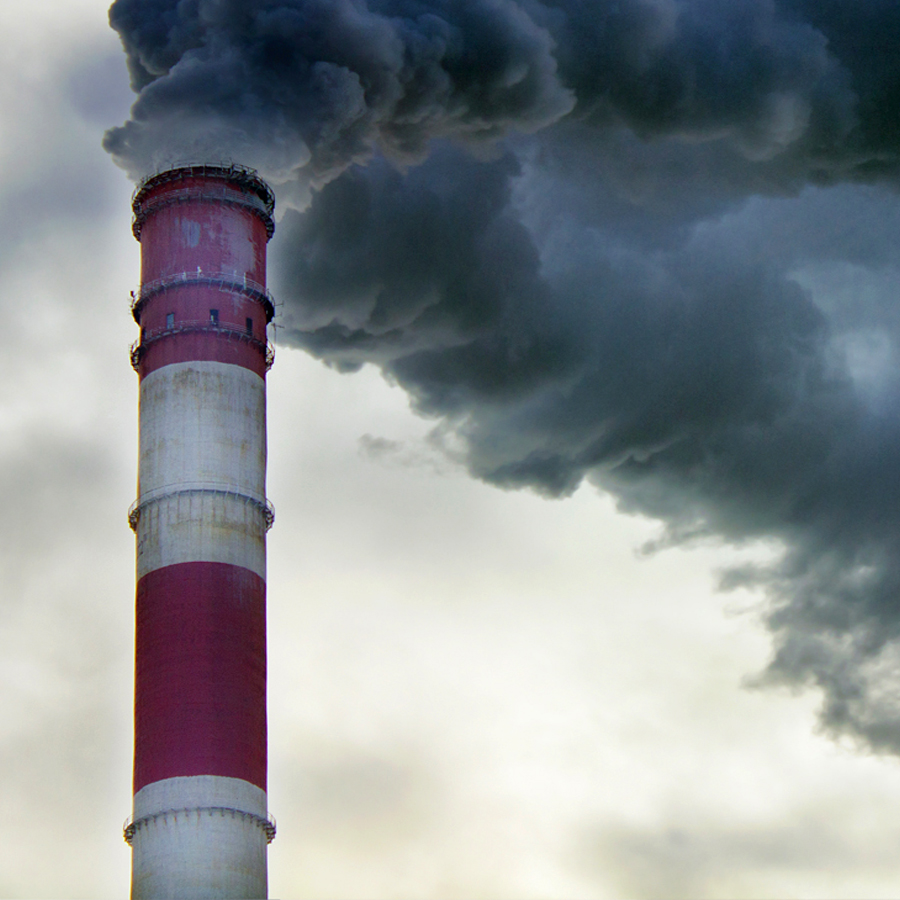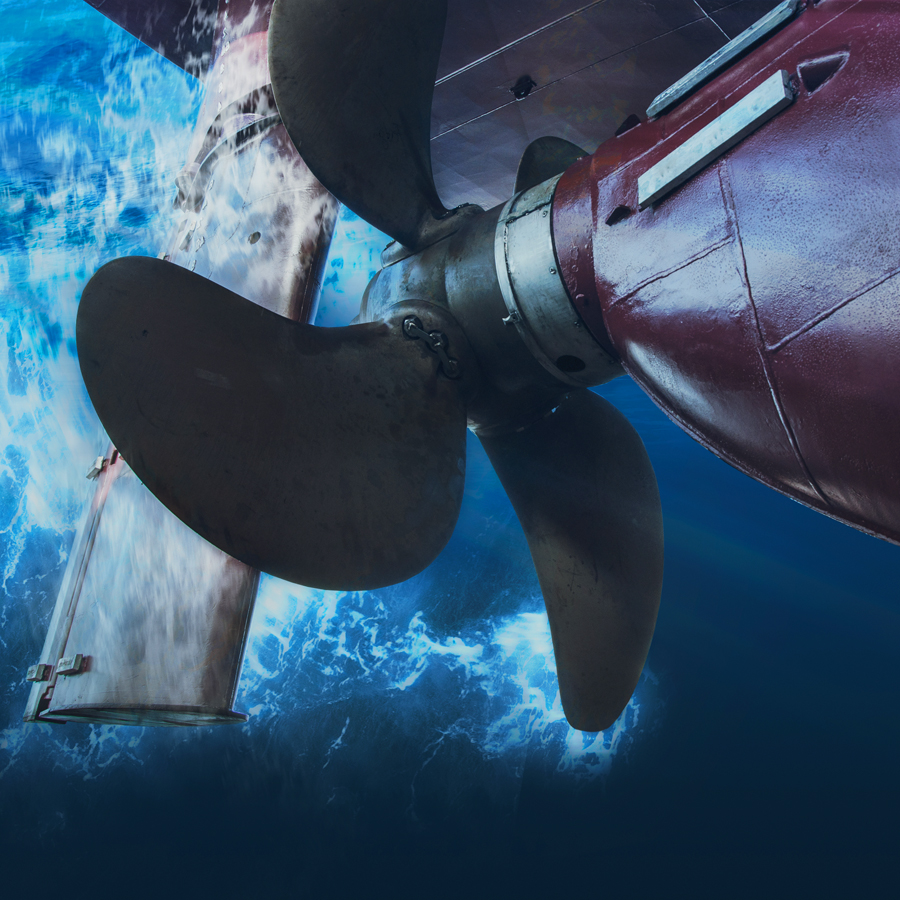Industry Buzz
Navigating Professional Liability Risks
Emerging risks in professional liability present a complex landscape for professionals across various industries, reflecting… MORE
Healing with Caution: Liability in Healthcare
Navigating the intricacies of medical malpractice, patient safety, and legal compliance requires not just expertise but… MORE
Navigating Today’s Cyber Risks
With cybercrime rising dramatically and nearing $5 million per incident, business owners seeking to protect their assets… MORE







